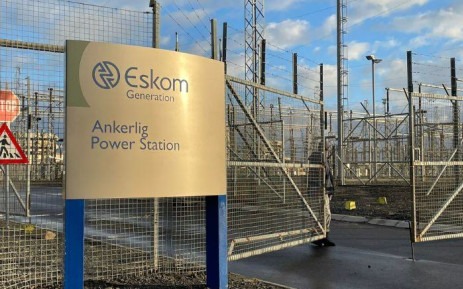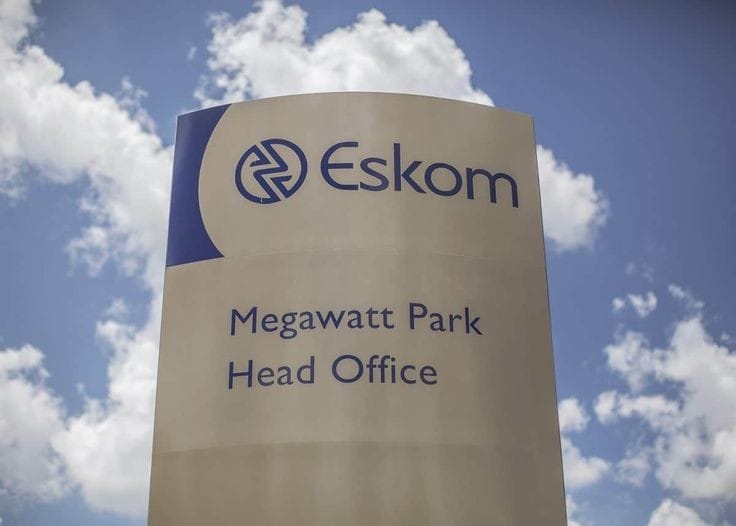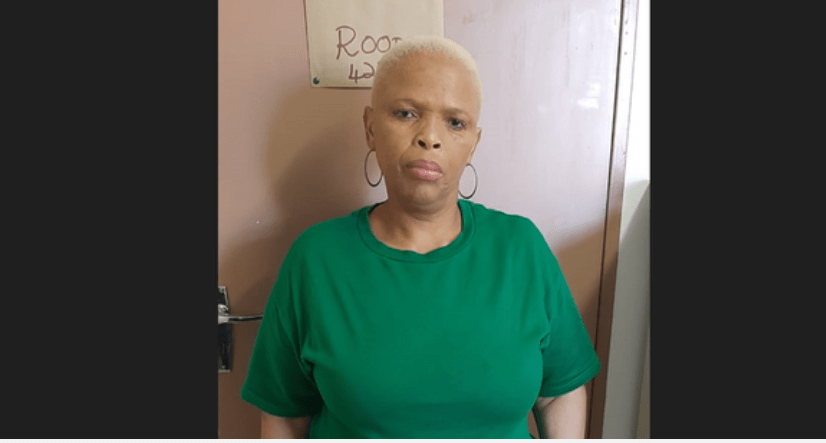In a contentious session at the National Assembly, the passing of the Eskom Debt Relief Amendment Bill has ignited a fierce debate among political parties. The bill, which mandates the power utility Eskom to pay interest on government loans, has drawn criticism from opposition members who view the R254 billion Eskom loan as a mere bailout. As the nation grapples with failing infrastructure, persistent load shedding, and Eskom’s dismal financial performance, the bill has become a focal point of disagreement. This article delves into the contrasting perspectives on the Eskom Debt Relief Amendment Bill, examining the concerns raised by opposition parties and the African National Congress’s defense of the bill.
Opposition Concerns and Skepticism:
Opposition members, including representatives from the Inkatha Freedom Party, the Freedom Front Plus, and the Economic Freedom Fighters, have voiced significant concerns regarding the Eskom Debt Relief Amendment Bill. Central to their critique is the assertion that, given Eskom’s troubled state—characterized by crumbling infrastructure and a history of load shedding—the massive R254 billion loan is tantamount to a bailout. Expressing skepticism about the financial viability of Eskom, these parties point to the power utility’s staggering R24 billion loss in the current financial year.
Structural Issues and Corruption:
The Inkatha Freedom Party’s Elphas Buthelezi articulates a deeper concern, contending that Eskom’s problems extend beyond financial difficulties. Buthelezi argues that the issues are deeply entrenched in structural deficiencies, corruption, and governmental shortcomings in implementing practical solutions. This perspective challenges the notion that injecting additional funds into Eskom will address the root causes of its challenges. For opposition parties, the Eskom Debt Relief Amendment Bill represents a superficial approach that overlooks systemic issues plaguing the power utility.
Government’s Defense and ANC’s Perspective:
In defense of the Eskom Debt Relief Amendment Bill, the African National Congress (ANC) asserts that it does not constitute a blank cheque for Eskom. The ANC contends that the bill is a necessary measure to address the financial burdens faced by Eskom, providing a framework for repayment of government loans. This defense seeks to assuage concerns that the bill might be an open-ended financial commitment, emphasizing a structured approach to financial relief for Eskom.
Loan Conditions and Opposition Critique:
Mzwanele Manyi of the Economic Freedom Fighters adds another layer of criticism, focusing on the conditions tied to the loan. Manyi argues that the loan conditions could hinder the development of much-needed new generation capacity. According to Manyi, these conditions may inadvertently restrict Eskom’s ability to overcome its challenges by stifling innovation and growth. This critique underscores the nuanced nature of the opposition’s concerns, extending beyond the mere provision of funds to the specific terms and conditions governing the financial relief.
Alternative Solutions and the Opposition Stance:
Opposition parties, including the Inkatha Freedom Party and the Freedom Front Plus, emphasize that throwing more money at Eskom is not a panacea for the power utility’s woes. They argue for a holistic approach that addresses the structural issues, corruption, and inefficiencies within Eskom. This stance highlights a divergence in policy perspectives, with the opposition advocating for comprehensive reforms rather than financial injections as the solution to Eskom’s challenges.
The Eskom Debt Relief Amendment Bill has become a focal point of contention, exposing the differing viewpoints within the National Assembly. While opposition parties decry the bill as a bailout that fails to address the fundamental issues within Eskom, the ANC contends that it is a necessary step to provide financial relief without offering a blank cheque. The debate reflects broader concerns about the state of Eskom, including financial mismanagement, corruption, and the need for systemic reforms. As the nation grapples with the energy crisis, the fate of Eskom and the efficacy of the Eskom Debt Relief Amendment Bill remain critical issues on the political landscape.









